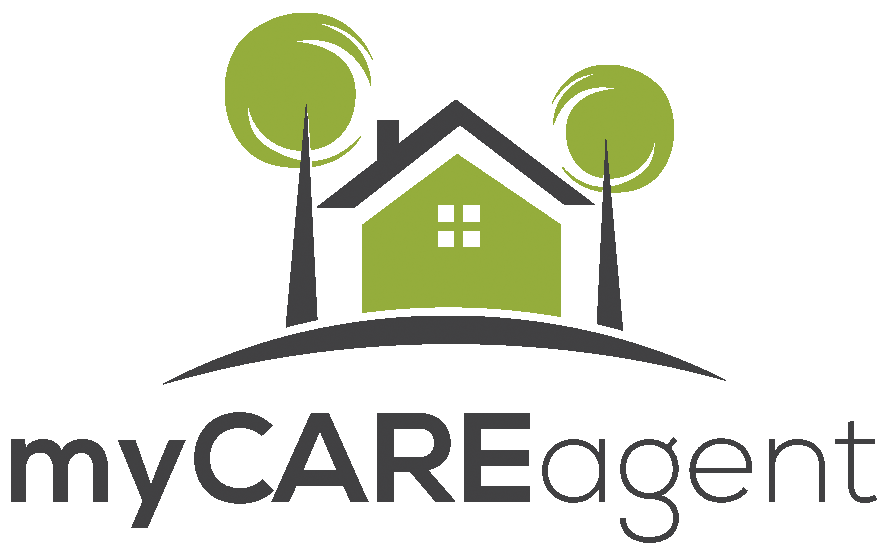
Learn how to improve your credit before applying for a home loan
Your credit score can greatly impact the rate of your home loan, both positively and negatively. Lenders look at your credit score as one factor in determining your debt-to-income ratio (DTI). Having a high credit score can help you secure a better rate on your loan which translates to lower monthly payments. A low credit score may place you in an “at risk” category, and lenders will charge more for assuming that risk. With banks increasing their scrutiny of applications for mortgages and other loans, a strong credit score is critical.
While you are saving for the down payment of your home purchase, also pay attention to your credit. This is a good time to improve your credit score in preparation for your loan application.
Keep Your Balance Under 30%
Everyone knows the basic rule for building good credit: Pay your bills on time, for a long time. What many people don't realize is how important it is to use far, far less than the total amount of credit available on your cards. How much credit you use and your bill-paying behavior add up to the most significant factor in your credit score.
Generally speaking, you can tap 20 to 25 percent of available credit before you risk hurting your credit score.
Pay Off Your Balance Before Its Due
Even if you don't carry a balance, your score may be dinged if you use a lot of your available credit. Most card issuers report balances to credit bureaus around the close of the billing cycle, before you pay your bill. Always pay off your balance 5 to 10 days before the close of your billing cycle to avoid having a high balance reported to the credit bureaus.
Pay Off A Large Balance
If you find yourself with an extra chunk of cash – maybe a bonus from work or an inheritance – making a large payment to pay down your debt will instantly give your credit a boost and can be a quick fix to your credit score.
Consolidate Your Debt
The reason you're carrying a big balance to begin with might well be that you don't have the money. In that case, consolidating credit-card debt and rolling it into a personal loan through a site such as LendingClub or Prosper can improve your score. If the loan has a fixed monthly payment over a fixed period of time, it's counted as an installment loan. Installment loans don't get the same amount of scrutiny as utilization. As long as you don't run up your card again, you would see your utilization improve and your credit score improve.
Keep Your Unused Credit Card Accounts
If you pay off the balance on a few cards, don't close them down. If you keep your access to that credit – using those cards regularly but without raising your spending – it will help your credit score by lowering the ratio of used to unused credit.
Have More Than One Credit Card
If you have just one credit card that's close to maxed out, you might even consider opening another account if you can use it sparingly. Charge a small amount and pay it off monthly; if you don't use it at all, it won't help your score.
Increase Your Credit Limit
If you've had the same credit limit for years, but your income has gone up, you might request a higher limit. Again, the point is to get it and not use it. The trick is to have more available credit than revolving debt.
If you take this route, the lender may do what's called a "hard inquiry" on your account to check your eligibility. That temporarily dings your credit score, so just don't do it right before an important financial event in your life, such as buying a house.




